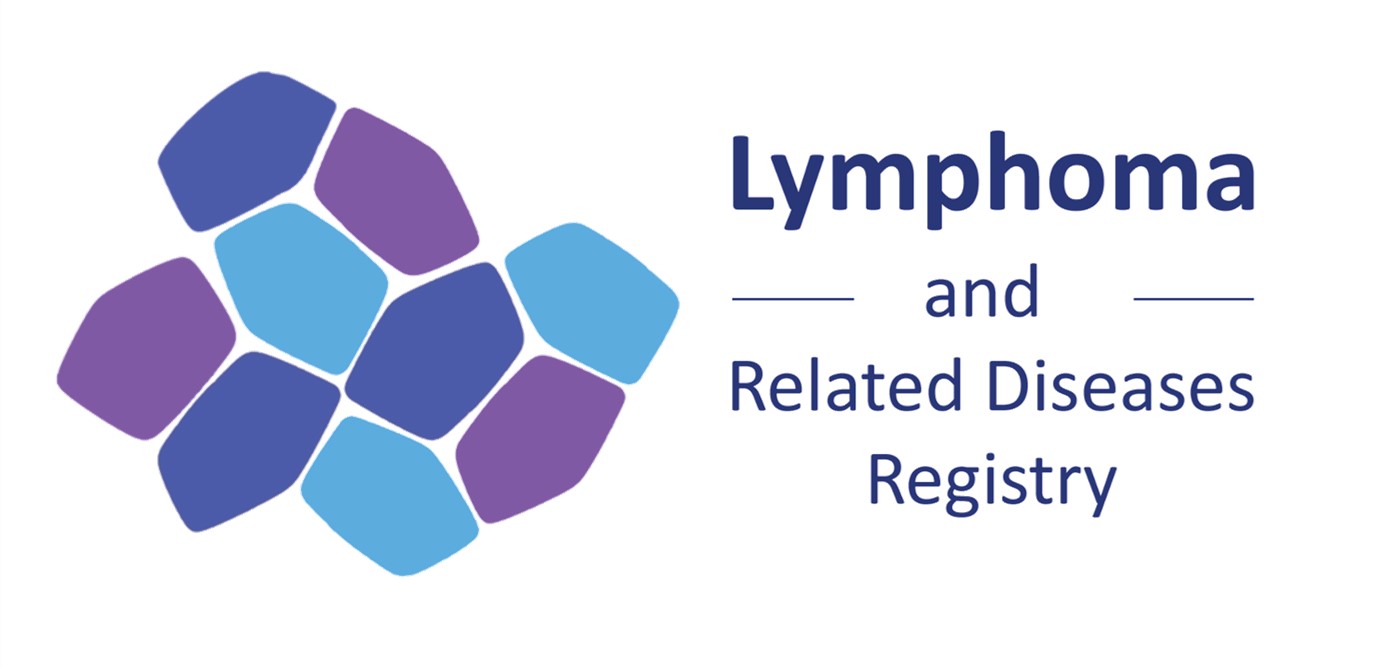FAQs
Find answers to commonly asked questions through the links below, or contact us
What is the purpose of this research?
Information collected in Lymphoma and Related Diseases Registry will provide an important resource for medical researchers investigating the causes of lymphoma and related diseases and developing new treatments. It will also allow hospitals to benchmark their practices and outcomes against other hospitals in Australia and New Zealand. These factors will help to ensure the best possible care is provided to patients with lymphoma.
What are the possible risks?
There are no foreseeable risks associated with the registry as this is an observational study and does not affect your clinical care or treatment in any way.
Can I access information about me?
The Lymphoma and Related Diseases Registry will, on request, provide you with information we hold about you. Unless there is an exception under relevant privacy laws, we will provide you with a printout of your personal information within 30 days.
We request that you identify, as clearly as possible, the type(s) of information requested to assist us in meeting your request. We may charge you for reasonable costs that we incur in supplying you with this information.
What does participation involve?
Involvement in the registry does not change your clinical care or treatment in any way. Your clinician or a member of their staff will provide you with information and a LaRDR brochure at the time of your diagnosis. They will then ask you to participate before your details are entered into the registry.
If you are happy to participate, your details will be added to the registry. Even after you have been included in the registry, your details can be removed at any time at your request, without any consequences to your treatment or care.
Do I have to take part?
No, participation in the registry is voluntary and there will be no consequences for your treatment or care if you choose not to take part in the registry.
Is this research project approved?
Yes, the Lymphoma and Related Diseases Registry is approved by the relevant Human Research Ethics Committees for each participating site.
What are the possible benefits?
The benefit of participating in the Lymphoma and Related Diseases Registry is to allow us to learn more about lymphoma. Currently there is little Australian data on the incidence and prevalence of lymphoma and related diseases, the therapies utilised or clinical outcomes. Information obtained from this registry will be an invaluable resource and will assist to improve clinical outcomes and to discover further treatment options which may improve outcomes.
Outcomes of the project may also enable improved management that could benefit some of the participants as well as future lymphoma and related diseases patients.
What will happen to my information?
We use your personal information to enable us to conduct or promote research into improving the management of lymphoma and related diseases. Results of our research activities may be reported back to the medical research community but are always presented as non-identifiable summary data to protect the identity of patients.
We take your privacy seriously. Personal information is only accessible by authorised LaRDR personnel or authorised service providers who use the information to administer the business of the registry.
In terms of Privacy
The Lymphoma and Related Diseases Registry has been designed in accordance with the strictest privacy principles, including State and Commonwealth privacy laws, and has been reviewed by independent ethics committees from hospitals around Australia and New Zealand.
We are committed to ensuring the privacy and confidentiality of your personal information. We take all reasonable steps to protect the personal information we hold and protect it from misuse, interference, loss, and from unauthorised access, modification or disclosure.
No identifying information about patients will ever be released to any third party (except in the very rare case of a court order) and hospitals will only be able to view the details of their own patients.


